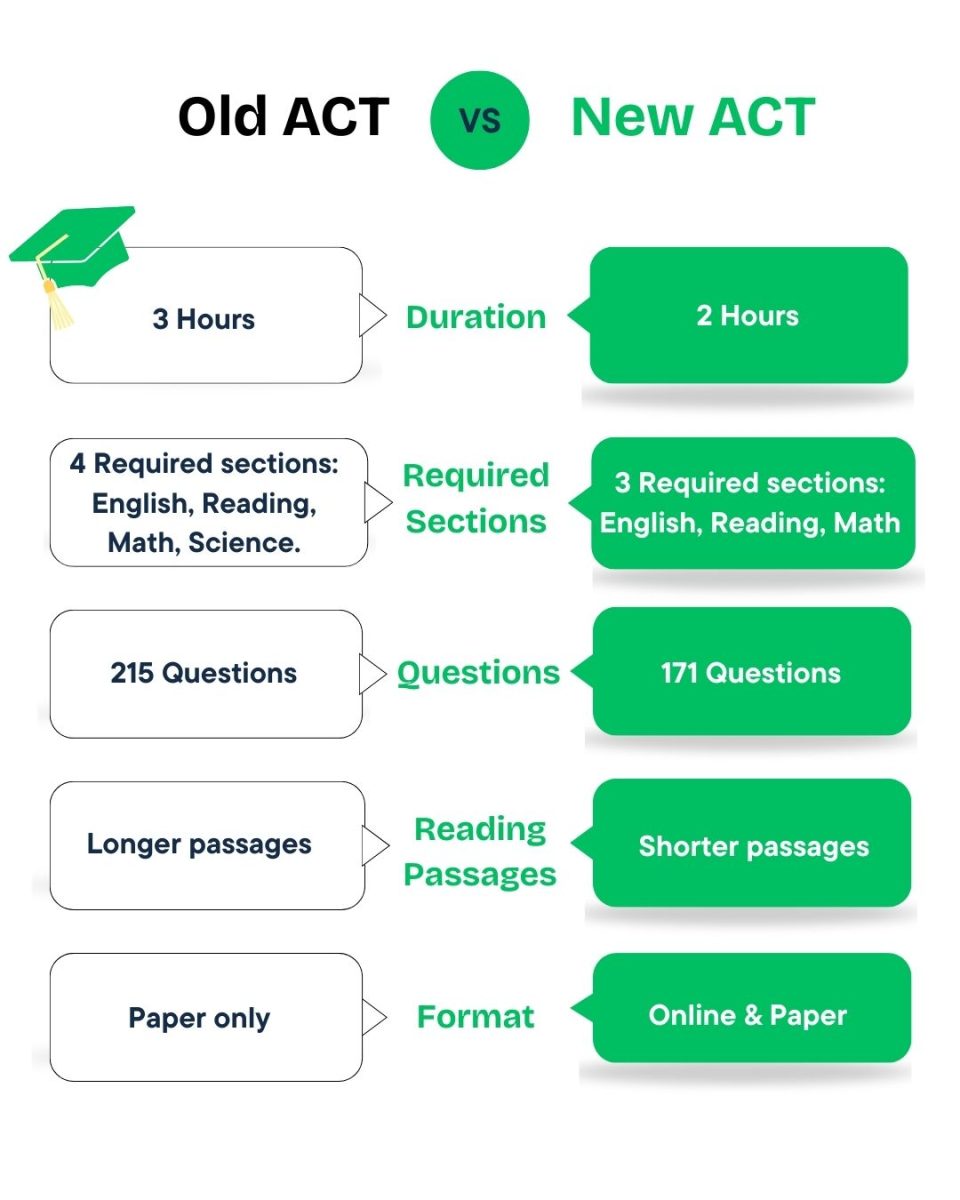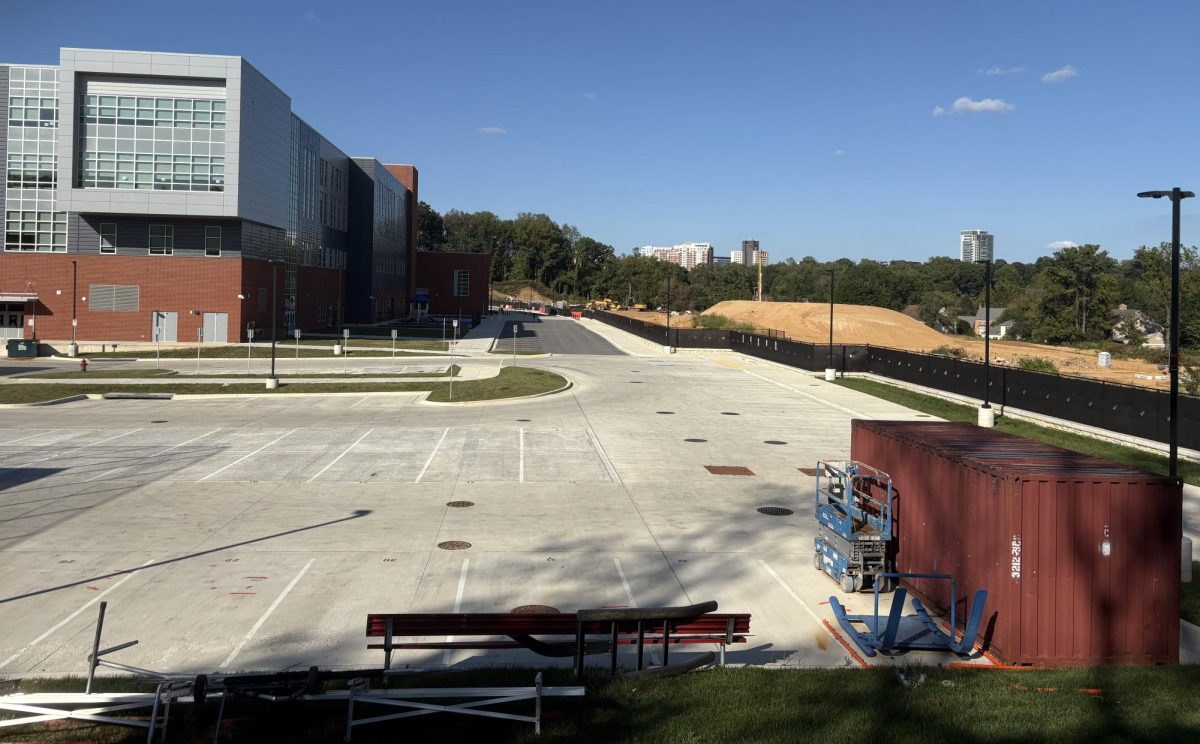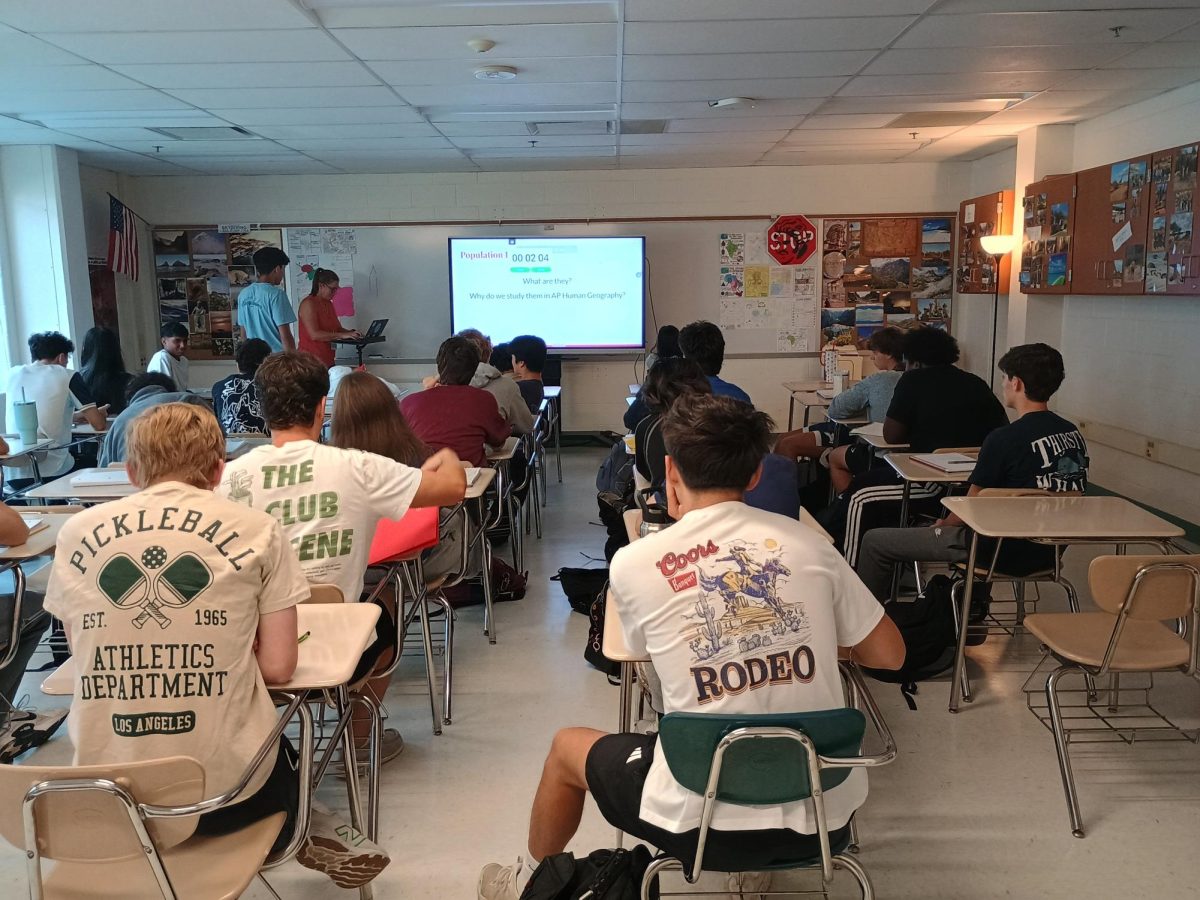The Supreme Court unanimously ruled in Trump v. Anderson on March 4 that it would be unconstitutional to take former President and Republican presidential candidate Donald Trump off of Colorado’s presidential primary ballot..
The case originated from a group of Colorado electors who filed a petition to the Denver District court to prevent Trump from appearing on the ballot and being nominated for president by Colorado’s Republican Party.
According to Article 14, Section 3 of the Constitution, anyone who has “engaged in insurrection or rebellion against the [state], or given aid or comfort to the enemies thereof,” cannot be a president if they’ve previously held office and made an oath vowing against said insurrections.
Oyez, an online source containing archives of past Supreme Court cases, reports that the Colorado electors’ petition claimed that “Trump was disqualified due to his involvement in the January 6, 2021 insurrection, violating his presidential oath to support the U.S. Constitution.”
However, in its decision, the court ruled that only Congress has the power to deny someone from federal office and that the states do not. This decision overturned the Colorado State Court’s original decision to keep him off the ballot.
Section 3 of Article 14 was established in the late 1800s to prevent Confederate leaders who had engaged in riots during the Civil War from running for office; 2024 was the first time this section of the Constitution was involved in a court case since. However, some election observers are predicting that this won’t be the last we hear of Article 14, Section 3. According to PBS NewsHour, a private, non-profit news organization, a “full blown Constitutional crisis” will ensue, and Congress will be forced to implement Article 14 if Trump does get elected.
Colorado wasn’t the only state to attempt to bar Trump from the ballot; Maine, Illinois and other states sought to remove his name as well due to his attempt to overturn the 2020 election results. PBS NewsHour reports that this could “affect his chances of becoming president again,” as well as the “case scheduled for arguments in late April about whether he can be criminally prosecuted on election interference charges [for] his role in the Jan. 6 Capitol attack.”
What does all of this mean for the 2024 election and the political state of the country in general?
Well, some are happy with the more strict interpretation of the Constitution; others may argue that the Supreme Court had the standing to rule in favor of the state courts and that it reflects that the United States could be in a position of democratic backsliding.
Now that both Trump and Biden are their party’s presumptive nominee in Georgia, Mississippi and Washington, it’s likely that this trend will continue.















